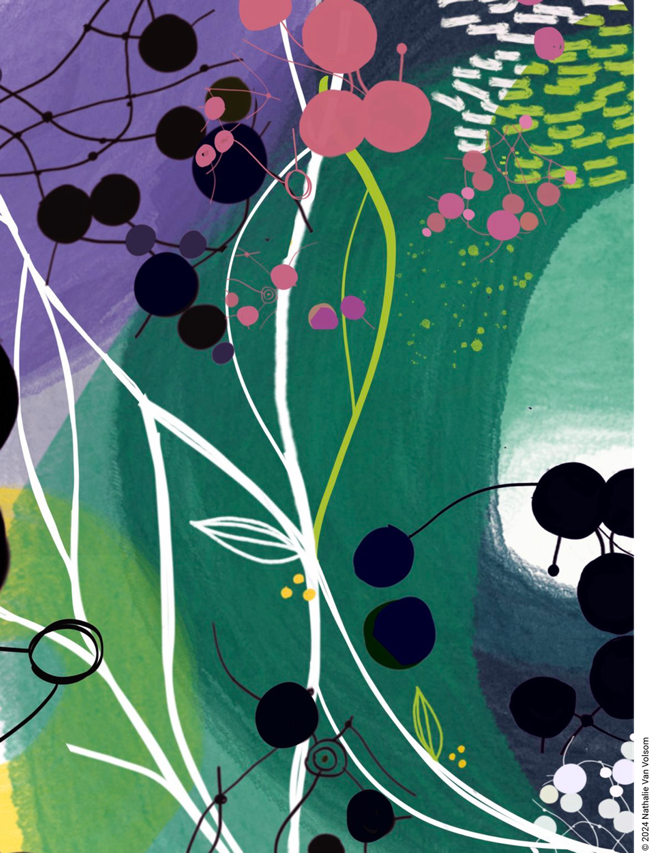Awareness-Based Systems Change
Prototyping the Third Option
DOI:
https://doi.org/10.47061/jasc.v4i1.8177Keywords:
Awareness-Based Systems Change, third option, relational ontology, relational inseperability, transformative approachesAbstract
This editorial of JASC explores the notion of awareness-based approach to collective action for social change as embodying a "Third Option". Such an approach is characterized by transcending binary thinking and advocating for new ontological and epistemological paradigms that challenge conventional dualities, promoting relationality, interdependence, and inclusivity. This editorial advocates for approaches that honor the relational essence of existence, fostering genuine connections that acknowledge and transcend differences. Emphasizing the importance of ethical engagement and the integration of Indigenous wisdom, this issue calls for a holistic reimagining of our systems, grounded in humility and relational accountability. The editorial concludes by affirming the potential of collective action, inspired by place and purpose, to create just, sustainable, and life-affirming futures.
References
Barad, K. (2003). Posthumanist performativity: Toward an understanding of how matter comes to matter. Signs: Journal of Women in Culture and Society, 28(3), 801–831. https://doi.org/10.1086/345321
Braidotti, R. (2006). Posthuman, all too human: Towards a new process ontology. Theory, Culture & Society, 23(7-8), 197–208. https://doi.org/10.1177/0263276406069232
Braidotti, R. (2013). The posthuman. John Wiley & Sons.
Braidotti, R. (2019). Posthuman knowledge (2nd ed.). Polity Press.
Buber, M. (1966). The way of response. Schocken Books.
Casado da Rocha, A. (2023). The extended citizens’ assembly model for collaborative governance: Co-creating a shared vision from the basque gipuzkoa province. Journal of Awareness-Based Systems Change, 3(2), 229–249. https://doi.org/10.47061/jasc.v3i2.6127
Cascio, J. (2020, April 29). Facing the age of chaos. Medium. https://medium.com/@cascio/facing-the-age-of-chaos-b00687b1f51d
Chilisa, B. (2011). Indigenous research methodologies. SAGE publications.
Cox, G. R., FireMoon, P., Anastario, M. P., Ricker, A., Escarcega-Growing Thunder, R., Baldwin, J. A., & Rink, E. (2021). Indigenous standpoint theory as a theoretical framework for decolonizing social science health research with American Indian communities. AlterNative: An International Journal of Indigenous Peoples, 17(4), 460–468. https://doi.org/10.1177/11771801211042019
Deleuze, G., & Guattari, F. (1987). A thousand plateaus: Capitalism and schizophrenia. University of Minnesota Press.
Martin, B. (2017). Methodology is content: Indigenous approaches to research and knowledge. Educational Philosophy and Theory, 49(14), 1392–1400. https://doi.org/10.1080/00131857.2017.1298034
Metcalfe, A., & Game, A. (2011). 'In the beginning is relation': Martin Buber’s alternative to binary oppositions. Sophia, 51(3), 351–363. https://doi.org/10.1007/s11841-011-0278-9
Rose, D. B. (2011). Wild dog dreaming: Love and extinction. University of Virginia Press.
Sharpe, B., Hodgson, A., Leicester, G., Lyon, A., & Fazey, I. (2016). Three horizons: A pathways practice for transformation. Ecology and Society, 21(2), 47. http://dx.doi.org/10.5751/ES-08388-210247
Downloads
Published
How to Cite
Issue
Section
License
Copyright (c) 2024 Oliver Koenig, Eva Pomeroy, Megan Seneque, Otto Scharmer

This work is licensed under a Creative Commons Attribution 4.0 International License.


